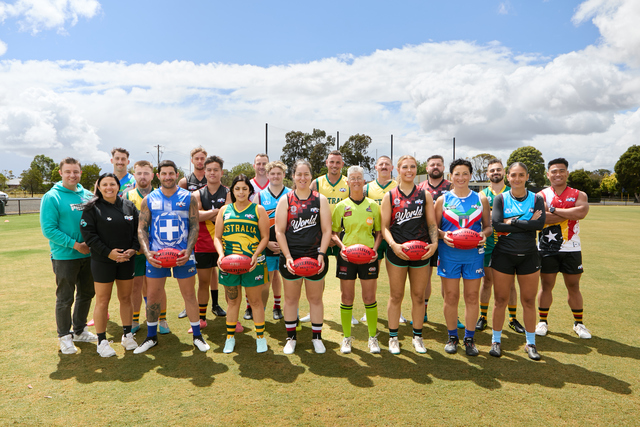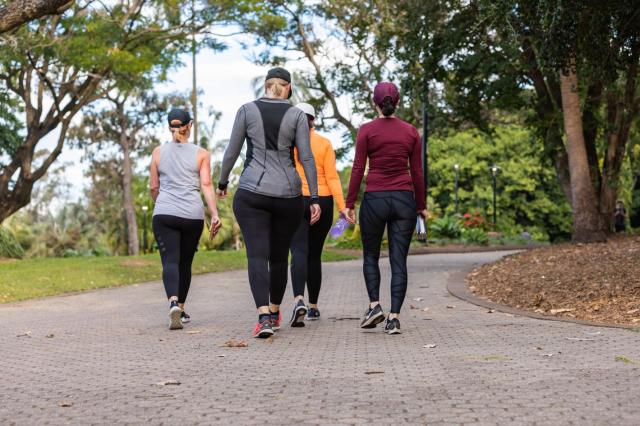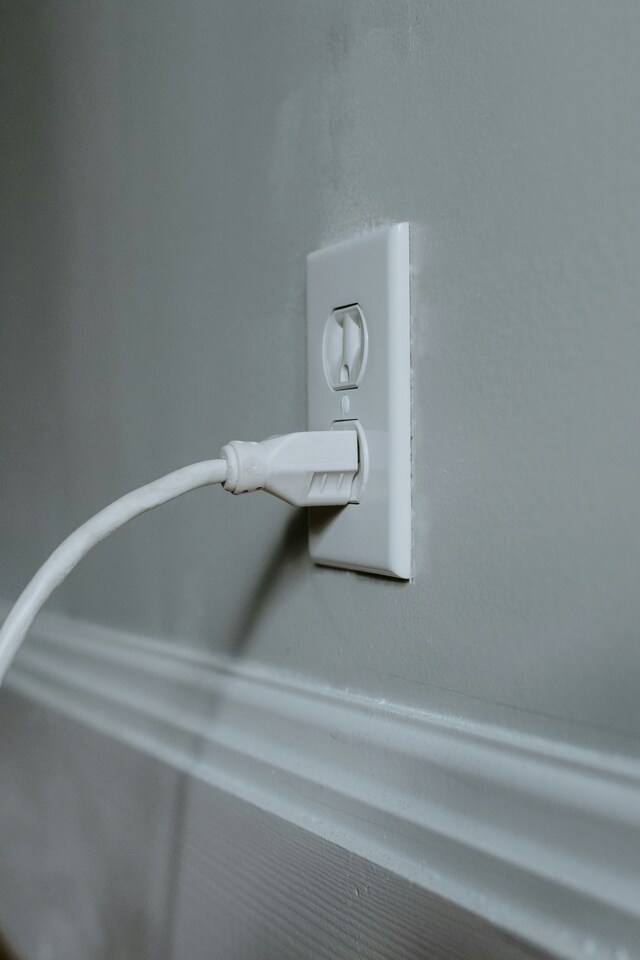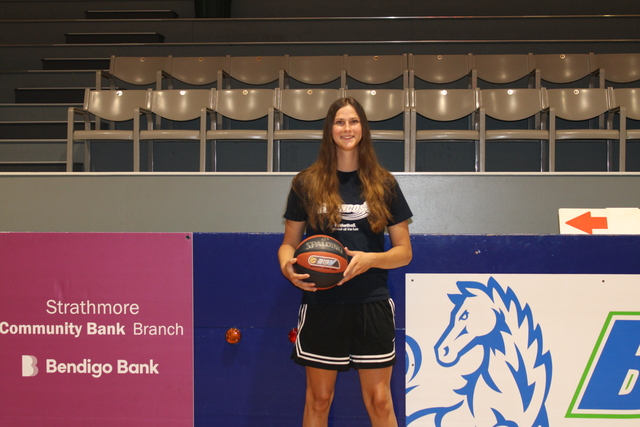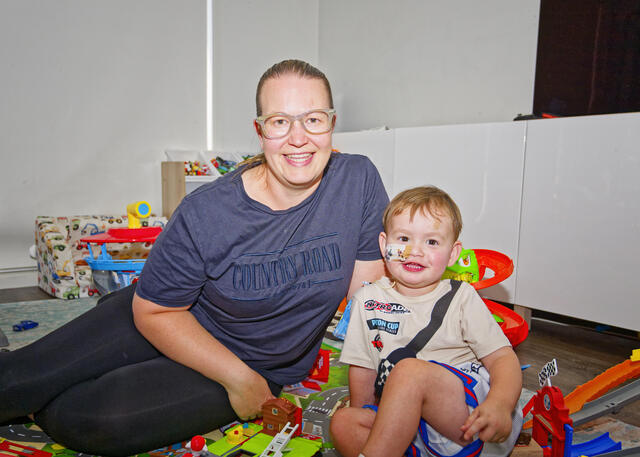People living with a disability will benefit from more locally manufactured disability devices with a new initiative by NORTH Link.
The $1.2 million training program will help service providers improve assistive technology products and teach healthcare providers more about how these products are made.
Assistive technology includes equipment, tools, software and devices ranging from wheelchairs and mobility aids to screen readers and voice-controlled home appliances.
This technology helps the elderly and people with disabilities to perform daily activities that might otherwise be difficult.
NORTH Link executive director Chris James said the funding will go a long way.
“This funding has enabled NORTH Link to work together with the health, education and manufacturing sectors to develop learning materials designed to enable customised local manufacturing of assistive technology devices that will improve the experiences of disability and aged care clients,” he said.
Acting Skills and TAFE Minister Natalie Hutchins said TAFEs are integral to producing skilled local workers for the future.
“We’re backing our healthtech sector to address current and future health challenges, and we’re supporting Victoria’s world-class TAFEs to provide the training and skills needed for a new generation of jobs in this industry,” she said.
“This project is a shining example of how collaboration between training providers and industry can ensure Victorians get the skills they need for the jobs they want in areas of high demand.”
NORTH Link, Swinburne University and Bendigo Kangan Institute of TAFE are collaborating with the health and manufacturing industry, allied health professionals, and people with disabilities and their carers to develop the targeted training program.
With the majority of assistive technology devices being imported into Australia, having an upskilled local workforce will result in assistive technology being more readily available and fit-for-purpose, leading to better life outcomes for people who rely on it.
Health technology has generated more than $3 billion worth of exports and supports more than 51,700 jobs across the state.


